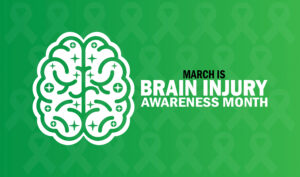Posts Tagged ‘Healthy Lifestyle’
Water: The Elixir of Life – Recognizing the Signs of Dehydration
Water is essential for life, making up about 60% of the adult human body and playing a vital role in many bodily functions such as temperature regulation, waste removal, and joint lubrication. Despite its crucial role in health, many people often neglect their hydration needs, leading to dehydration. Water supports health by aiding in digestion, nutrient absorption and transportation, facilitating chemical reactions, and maintaining blood volume and pressure. Recognizing the signs of dehydration, which include thirst, changes in urine color, dry mouth, fatigue, headaches, dizziness, dry skin, and hunger pangs, is critical for maintaining hydration. To ensure adequate hydration, it’s recommended to drink at least 8-10 glasses of water daily and consume fruits and vegetables with high water content. Prioritizing hydration is essential for supporting vital bodily functions and leading a healthier life. Remember, every drop counts when it comes to health.
Read MorePreserving Your Hearing Health: A Guide to Prevention
Preserving hearing health is essential for overall wellness, yet often overlooked despite the rising risk of hearing loss due to noise pollution and personal audio device use. Preventing hearing loss involves understanding its causes, including noise-induced hearing loss (NIHL), which is preventable. Key strategies for preserving hearing include limiting exposure to loud noises, using hearing protection like earplugs or earmuffs in noisy environments, practicing safe listening habits with personal audio devices, undergoing regular hearing check-ups, maintaining overall health to prevent conditions that affect hearing, and avoiding the use of Q-tips for ear cleaning which can push earwax deeper. By integrating these preventive measures into daily routines, individuals can significantly reduce the risk of hearing damage and maintain hearing health for the future.
Read MoreBrain Health Awareness Month
March is Brain Health Awareness Month, a time to focus on nurturing and protecting our brain, the command center of our body. It emphasizes the importance of maintaining brain health to prevent cognitive decline and neurological conditions. Strategies include eating a nutritious diet, regular exercise, mental stimulation, quality sleep, stress management, and fostering social connections. Raising awareness and support for neurological disorders is also key. Let’s unite to prioritize brain health throughout March and beyond!
Read More


